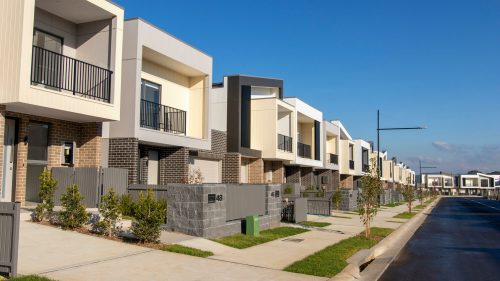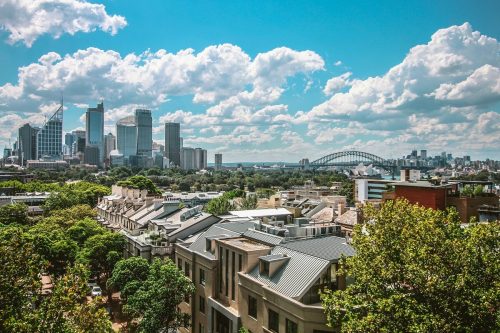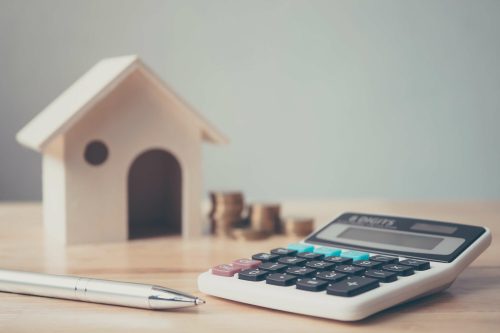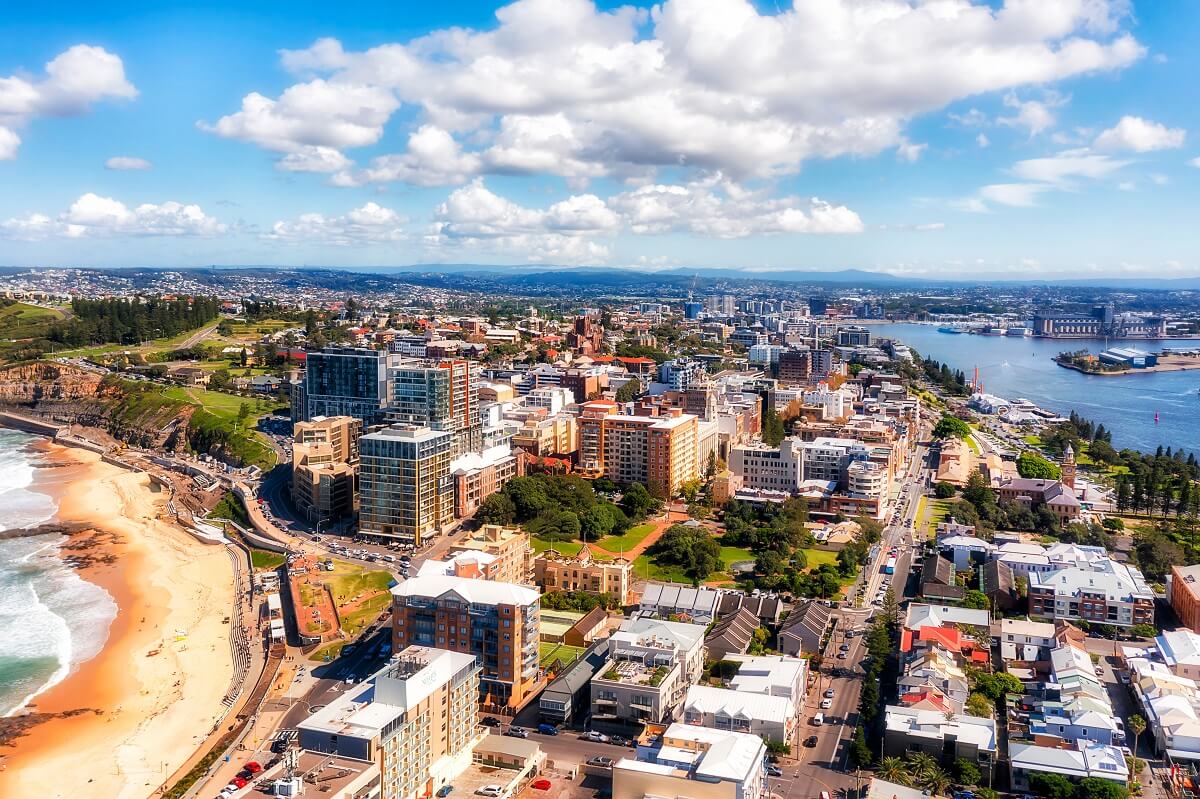Land valuation increases may mean land tax bills
Have you recently received a land valuation notice, particularly for an investment property?
The latest land valuations have surprised many Hunter residents, rising by more than 38%
At first glance, an increase in land value appears to be good news. But it could mean you have to pay land tax for the first time or more land tax than you have previously, making it time to rethink your land holdings.
In this article we look at who pays land tax in NSW and how increases in land values may push some people into having to pay land tax. We look at ways to minimise land tax while maximising wealth.

What is land tax in NSW?
Many people have heard of land tax but assume it is a tax for the uber rich or a one-off payment that a solicitor or conveyancer handles when you buy and sell property. In NSW, land tax is an annual tax which, if you own land other than the land your home is on, you need to assess every year.
Land tax is levied by the NSW Government on certain types of land valued above a certain threshold.
While your home (principal place of residence) or farm is usually exempt, land tax applies to most other land including holiday homes, investment properties, commercial and industrial units, factories, shops and warehouses, and vacant land.

What are the NSW land tax thresholds?
You pay land tax in NSW once the combined value of your land goes above a certain threshold. There is a general threshold and a premium threshold. These thresholds change every year. These are the land tax thresholds in NSW for the last three years.
Five things you probably didn’t know about land tax in NSW
- It is calculated on the total value of all your taxable land above the land tax threshold, not on each individual property.
- It is an annual tax calculated on land holding as at 31 December each year.
- It is applied for the full year. There are no pro-rata calculations.
- You are liable for land tax even if you haven’t registered for it or received a notice.
- It is retrospective, so if you were liable for land tax in previous years you will have to pay it.

How much is land tax in NSW?
If your land holdings are valued above the general threshold, your land tax bill for the year will be $100 plus 1.6% of land value above the threshold, up to the premium threshold.
For land holdings above the premium threshold your land tax will be $79,396 plus 2% of land value above the threshold.
So, as is the case for an increasing number of Hunter residents, if you have a holiday home or unit and an investment property or unit with a total land value of $1.5 million, you will need to pay $8,596 in land tax for 2023. It is important to understand that just because you do not earn income from the property, does not mean that you are exempt from land tax. Sometimes people do not realise they have a land tax issue until they sell a property and gain a land tax clearance certificate, which can slow down the sale process.
You can use the Revenue NSW has land tax calculator to check your land tax liability.

Five ways to minimise land tax payments
- Appeal your land valuation
Land tax is based on the NSW Valuer General’s annual valuation of your land. Our advisors have helped clients to successfully appeal valuations.
- Review your property investment structure
At the risk of stating the obvious, if you have more than one property, living in the one with the highest land value may help to minimise or avoid land tax.
Should you have investment properties as part of your wealth creation plan? Land tax considerations may influence the answer to that question as should a whole range of other tax and investment considerations.
If you want to invest in property, the location and type of property has land tax implications. An apartment in a multi-residential development is more likely to have a lower land value than a suburban home. Australian states have different land tax systems which may make interstate property investment more attractive.
Who owns the land is an important consideration too. Special trusts (which includes family trusts) do not receive the land tax threshold. They are taxed at the flat rate of 1.6% on the land value up to the premium threshold and then at premium rates if above that threshold. Fixed trusts, while complex, are generally eligible for the threshold.
- Don’t forget estate planning issues
If you are expecting to inherit property it may be wise to look at the land tax and other tax implications of that inheritance before you receive it. It may be better for that inheritance to go to a spouse or partner.
- Timing is everything
The timing of purchasing or selling properties may impact your land tax liability. Where purchasing or selling property close to 31 December, ensuring that you do not own the property on 31 December may reduce your liability. An example of this is where you sell a property on 5 January – regardless of the holding only being for 5 days in the year, you still will be liable for land tax for the whole year.
- Get expert help
Property investment, taxation and wealth management issues are complex. Having an expert advisor, who specialises in these matters every day, can help you to cost effectively and efficiently consider what is best for your particular circumstances.

Register for land tax now
If you own real estate other than your main residence, our advice is to register for land tax now, even if you are under the threshold. That way you are in the system and have the peace of mind that you will receive notices if you become liable. You can register via Revenue NSW or your tax or wealth advisor can assist you.
Got a question about land tax or other taxation and property investment?
We love questions. If you want to know more about Pitcher Partners Newcastle and Hunter’s Private Business and Family Advisory services, please contact us.
Scott Edden is a Partner at Pitcher Partners Newcastle and Hunter. Scott’s breadth of experience spans taxation advice and assistance, financial analysis, business valuation advice, management reporting, budgeting and cashflow management.








